Singing with one voice: South African stories of joy and sadness transcend boundaries
From an operatic celebration of an iconic leader’s life to a one-woman tour de force, powerful performances by African casts and musicians in Hong Kong reflect humanity
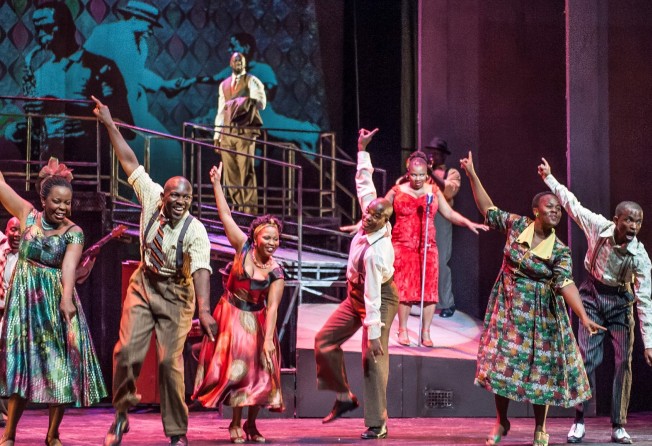
In 1999, a delighted Nelson Mandela unexpectedly joined acclaimed South African musician Johnny Clegg and his band Savuka on stage during a performance of their moving anti-apartheid anthem Asimbonanga.
YouTube videos of the heart-warming moments when the former South African president dances to the music and asks Clegg to repeat the song have been viewed millions of times. A beaming Mandela can be seen telling concertgoers, “it is music and dancing that make me at peace with the world … and at peace with myself”.
Mandela loved many types of music, from classical music and township jazz. And song, rhythm and dance continue to be irrevocably intertwined with South Africa’s complex and turbulent history and political past.
Peace had come at a vast personal cost for Mandela. By 1999, he had served one term as South Africa’s first democratically elected president after the end of apartheid, the reviled system of forced racial segregation.
Apartheid lasted for more than 40 years, during which whites held all the political power in South Africa. Organisations such as Nelson Mandela’s African National Congress fought a decades-long liberation struggle during which he and other leading activists were convicted of treason and sentenced to life imprisonment.
Regarded by millions as the father of the South African nation, he was released in 1990 after 27 years in jail. Negotiations helped to bring about the country’s transition to democracy.
This history has helped shape the country’s artistic expression and conversation – as is evident in the musical and theatrical pieces from South Africa and Africa coming to Hong Kong’s stages in October and November.
Africa’s leading opera company, Cape Town Opera, will be closing the World Cultures Festival 2017 – Vibrant Africa with its Mandela Trilogy in November.
The production has wowed audiences from Johannesburg to Munich since it first premiered as African Songbook: A Tribute to the Life of Nelson Mandela in Cape Town in 2010.
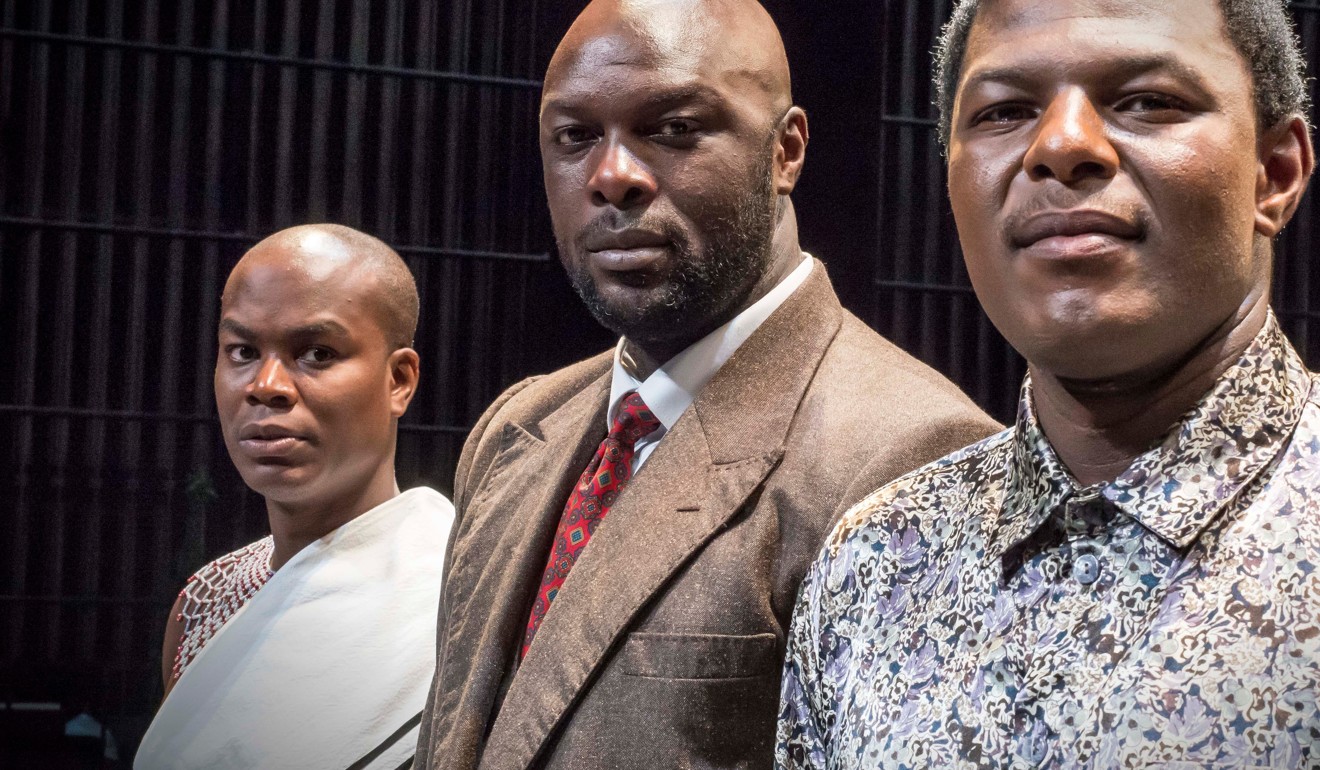
The story celebrates Mandela’s life in three acts – through traditional rural music, a jazz musical and finally, an opera. Mandela Trilogy librettist and Cape Town Opera managing director Michael Williams describes the work as “a piece that speaks to the multicultural aspect of South Africa”.
“This is not a documentary,” he says. “You have to expect that this is a theatrical interpretation that has a time limit. We don’t pretend to tell the whole story of Mandela’s life.”
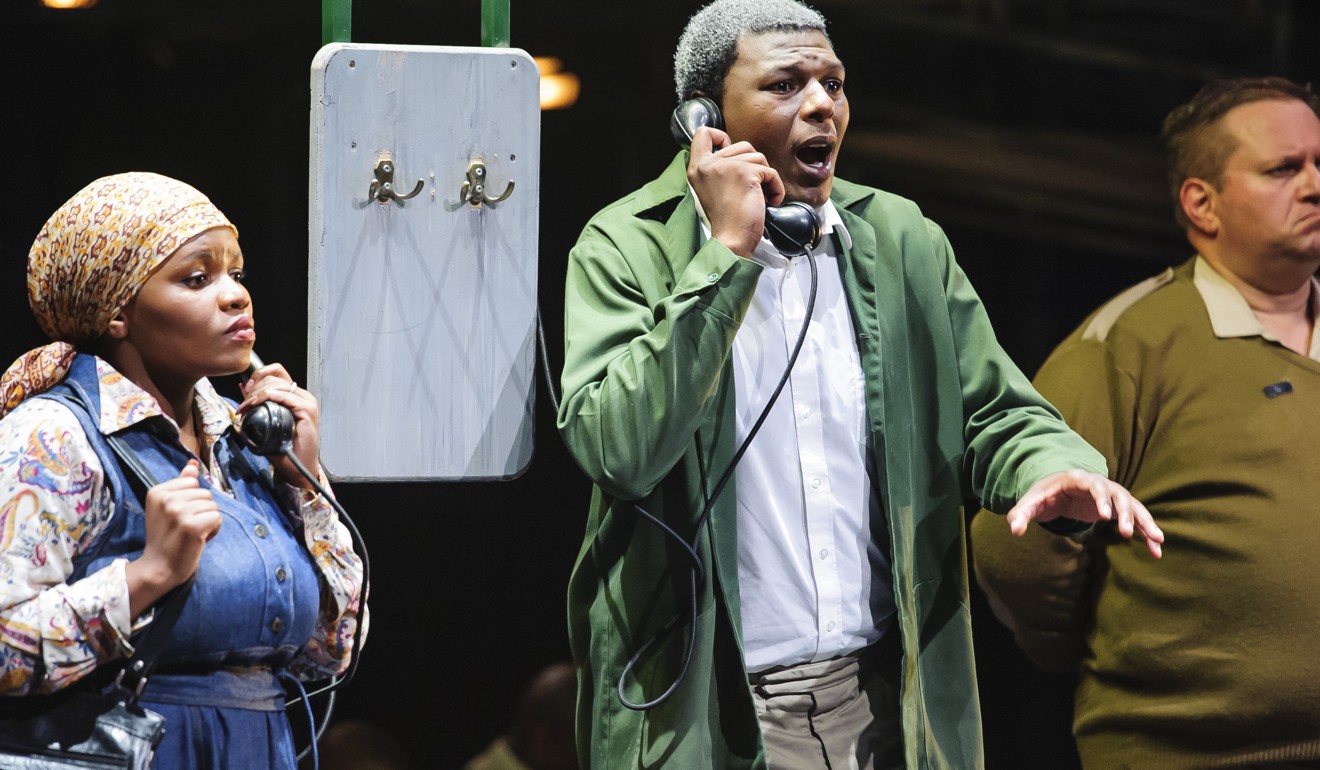
However, the opera brings something to the audience that a documentary could not. “Music brings us joy and sadness. With music, one can really hack into that realm of ineffability – something that has moved you and is hard to describe in words. The final moments are absolutely filled with joy – yes, he is free, but aren’t we all free, from fear, hatred?”
So, on to another sort of freedom. A Woman in Waiting, to be staged in Hong Kong at the beginning of November, tells the story of a courageous woman who soared above the pain of a life under apartheid to become an internationally acclaimed performer.
The one-woman show featuring South African singer and actor Thembi Mtshali-Jones uses narrative, lullabies, chanting and song to transport the audience from her rural childhood through years as a domestic worker to her final transformation into performer.
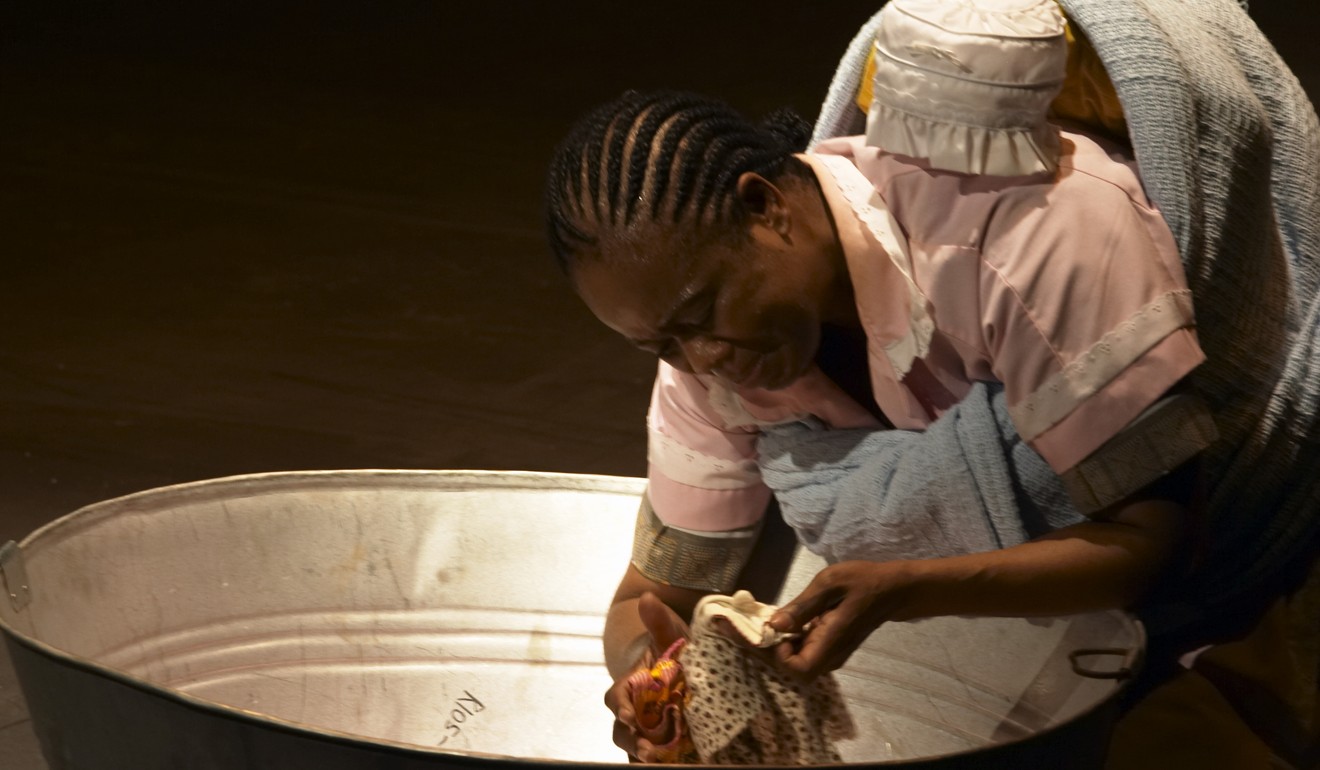
Mtshali-Jones’s story “touched women both in South Africa and all over the world”, Yaël Farber, the Montreal-based, South African-born director of the play, has been quoted in a blog published by Cape Town’s Baxter Theatre. She said: “We know from the immensely emotional responses this piece has triggered around the world that it touches chords in other societies too.”
Hong Kong has had its share of segregation, including zoning laws that reserved part of The Peak for non-Chinese people from the early 1900s to 1930.
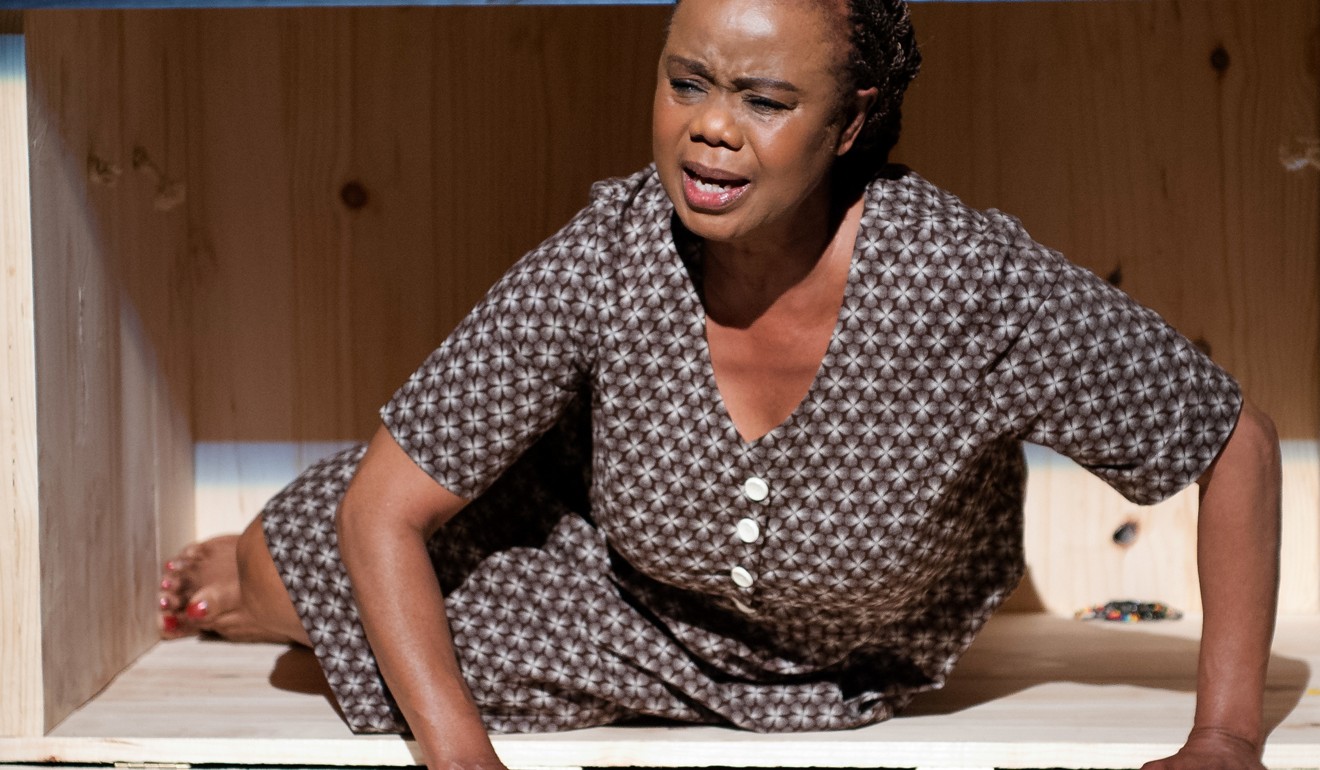
Cape Town Opera’s Williams believes the messages learned from apartheid are important – not only to Africa.
Nelson Mandela’s plea for a non-racial society is still heard all over the world, he says. “I believe it is something we should strive for. At times it feels like a utopian dream, but it warrants our due attention to understand the wisdom of those words.”
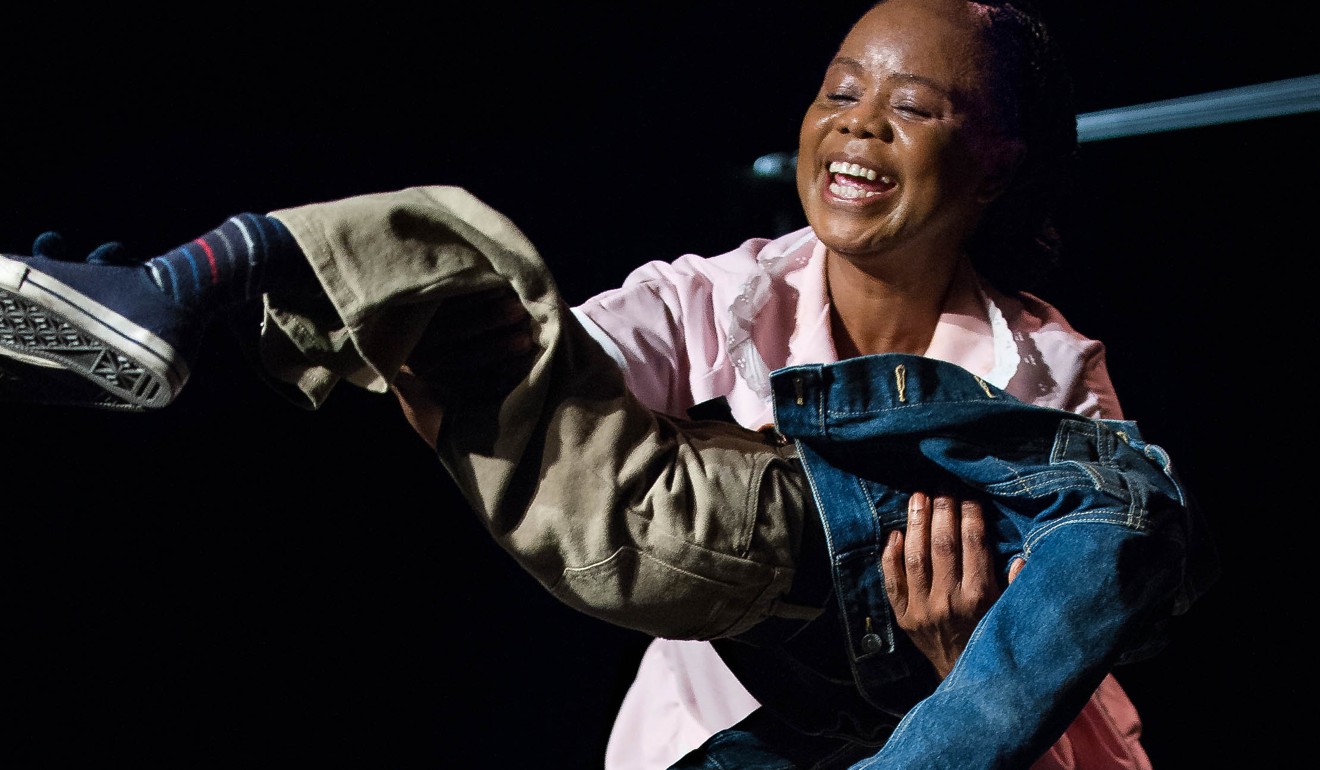
In a conflicted world, there’s a wider context to consider: “I think we should not be afraid of the freedoms of democracy, and we should not be fearful of ‘the other’ – it only brings divisiveness and hatred,” says Williams. “Artists’ mission must be to bring people together and to see the source of our own humanity.”
The award-winning Soweto Gospel Choir from South Africa, no strangers to Hong Kong, are returning to Hong Kong with their distinctive sound into the mix in October. The group, formed in November 2002, were an instant success, with their first album, Voices of Heaven, topping Billboard’s World Music Chart within three weeks of its US release. In October 2006, the choir performed as invited guests for their patron, Archbishop Desmond Tutu’s 75th birthday celebrations, in front of an audience that included Mandela.
They have It has since toured the world extensively, performing at the Carnegie Hall, Sydney Opera House, the Nelson Mandela Theatre and Royal Festival Hall in London. They are ambassadors for Nelson Mandela’s 46664 campaign, named after Mandela’s prison number, that aims to raise awareness of HIV/Aids.
The art of one of the greatest African musicians of all time, Grammy Award-winning Senegalese singer Youssou N’Dour,has also been shaped by his continent’s social and political realities. In 1986, he titled his second album Nelson Mandela in support of the anti-apartheid revolutionary, who was still in jail at the time. Two years later, he performed the title track in Buenos Aires, Argentina, in front of a massive crowd during the 1988 Amnesty International Human Rights Now tour that famously also featured Peter Gabriel, Tracy Chapman, Sting and Bruce Springsteen.
N’Dour and his group Super Etoile de Dakar will be the October opening act for the World Cultures Festival 2017 – Vibrant Africa.
A final reflection by the late Mandela: “Music is a great blessing. It can unite us to sing with one voice.”